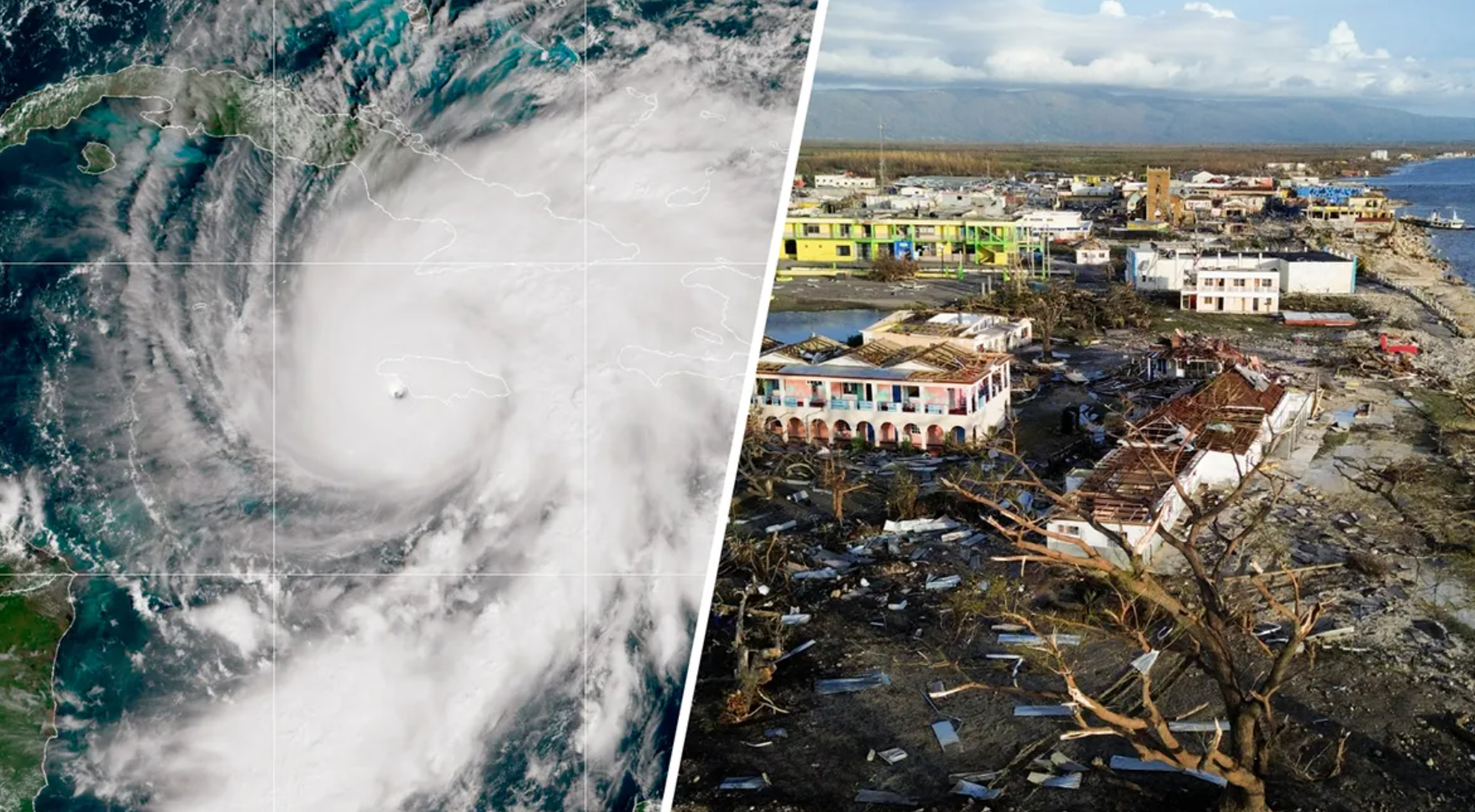Building Resilience: AI Solutions for Caribbean Business Sustainability
When Hurricane Melissa struck Jamaica from October 26-29, 2025, businesses across the island faced a stark reality: traditional disaster preparedness isn’t enough in today’s digital economy. As Caribbean nations continue to face increasingly severe weather events, Artificial Intelligence (AI) has emerged as a critical tool for business continuity and long-term sustainability.
This devastating hurricane disrupted power grids, flooded commercial districts, and isolated communities—yet businesses that had implemented AI-powered solutions were able to maintain operations, serve customers, and recover faster than ever before.
The Critical Need for AI in Disaster Preparedness
The Caribbean region faces unique challenges when it comes to natural disasters. Hurricane season brings powerful storms, while the geography of island nations creates vulnerabilities in infrastructure and supply chains. Traditional disaster recovery plans often fall short because they rely on physical locations and manual processes that become impossible during emergencies.
AI changes this equation by enabling: Remote operations that function regardless of physical infrastructure, Automated systems that continue working without human intervention, Predictive analytics that help businesses prepare before disasters strike, Real-time communication that keeps stakeholders informed, Rapid recovery through intelligent data restoration.
Cloud-Based AI Backups: Your Digital Insurance Policy
During Hurricane Melissa, many Jamaican businesses lost years of critical data when offices flooded and servers were damaged. However, companies using AI-powered cloud backup systems experienced zero data loss. Smart backup solutions offer: Intelligent data prioritization, Automated redundancy, Instant recovery, Predictive monitoring, Version control. For Caribbean businesses, investing in cloud-based AI backup isn’t optional—it’s essential for survival.
Managed Cloud Back-Ups and Hosting Solutions
AI-Enabled Remote Work Infrastructure
When Hurricane Melissa made roads impassable and destroyed office buildings, businesses with AI-powered remote work systems continued operating seamlessly. Employees worked from safe locations while AI handled coordination, communication, and workflow management. Key remote work AI tools include: Virtual collaboration platforms, Intelligent task management, Automated customer service, Smart scheduling, Security monitoring. These systems ensure business continuity even when traditional offices are inaccessible.
Act Now: Get a AI Powered Managed Cloud Solutions
Automated Supply Chain Management
Hurricane Melissa exposed vulnerabilities in Caribbean supply chains, with many businesses unable to receive inventory or deliver products. AI-powered supply chain systems helped forward-thinking companies navigate these challenges. AI supply chain benefits: Predictive inventory management, Alternative routing, Real-time tracking, Demand forecasting, Automated reordering. For island businesses dependent on imports, AI-powered supply chain management can mean the difference between thriving and closing permanently.
AI-Powered Emergency Communication Systems
During Hurricane Melissa, communication networks were severely compromised. Businesses using AI-powered emergency communication systems maintained contact with employees, customers, and suppliers throughout the crisis. Emergency communication features: Multi-channel messaging, Intelligent prioritization, Automated status updates, Language adaptation, Network switching. These AI tools ensured that businesses could coordinate recovery efforts and reassure customers even during the storm’s peak.
Financial Technology and AI Payment Systems
Traditional banking infrastructure suffered during Hurricane Melissa, but AI-powered fintech solutions kept commerce flowing. Digital payment systems, cryptocurrency options, and AI-managed accounts enabled transactions when physical banks were closed. AI financial continuity includes: Mobile payment processing that works offline, Automated invoicing and payment collection, AI fraud detection for increased security during chaos, Digital currency options for international transactions, Automated financial reporting for insurance claims.
Implementing AI for Disaster Resilience: A Practical Guide
Caribbean businesses don’t need massive budgets to implement AI disaster preparedness. Start with these practical steps: Immediate Actions (Within 30 Days): Set up automated cloud backups for all critical data, Implement AI chatbots for basic customer service, Create digital copies of all important documents, Establish remote access systems for key employees, Test emergency communication protocols. Medium-Term Implementation (3-6 Months): Deploy comprehensive remote work infrastructure, Implement AI supply chain monitoring, Create automated financial backup systems, Train staff on AI disaster recovery tools, Develop partnerships with cloud service providers. Long-Term Sustainability (6-12 Months): Build fully automated business continuity systems, Implement predictive analytics for disaster preparation, Create redundant AI-powered operations centers, Develop AI-managed crisis response protocols, Establish regional business continuity networks.
The Cost of Inaction: Lessons from Hurricane Melissa
Businesses that hadn’t adopted AI solutions during Hurricane Melissa faced devastating consequences: Average downtime of 14 days vs. 2 days for AI-prepared companies, Data loss affecting 60% of unprepared businesses, Customer defection rates 5x higher among traditional businesses, Recovery costs 3x higher without AI systems in place, Permanent closures 40% more likely for non-digital businesses. The message is clear: AI adoption isn’t just about efficiency—it’s about survival.
Government and Regional Support
Caribbean governments are increasingly recognizing the importance of AI for disaster resilience. Jamaica and other nations are offering: Tax incentives for AI technology adoption, Grants for small business digital transformation, Regional cloud infrastructure investments, Training programs for AI implementation, Public-private partnerships for disaster technology.
Looking Forward: Building a Resilient Caribbean Business Community
Hurricane Melissa was a wake-up call, but it also demonstrated the incredible potential of AI to protect Caribbean businesses. As climate change intensifies and natural disasters become more frequent, AI-powered business continuity isn’t a luxury—it’s a necessity. The businesses that thrive in the coming decades will be those that embrace these technologies today. F>rom cloud backups to automated supply chains, AI provides the tools Caribbean businesses need not just to survive disasters, but to emerge stronger. Start your AI disaster preparedness journey today. The next hurricane is coming—make sure your business is ready.



